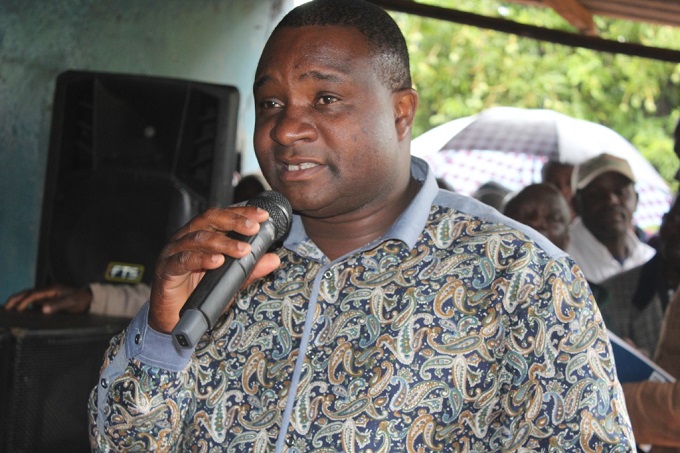Calls for ring fencing bulk goods transportation

Oliver Kazunga, Senior Business Reporter
THERE is a need to expedite enactment of a law to ring fence bulk transportation of cargo by rail as a way of protecting road infrastructure.
Chegutu West MP and member of the Portfolio Committee on Transport and Infrastructural Development, Dexter Nduna, said this in an interview in which he expressed concern over the damage inflicted on major roads by heavy load transportation using haulage trucks. He said ring fencing bulk transportation would also increase NRZ volumes.
“I think between 2016 and 2017, the committee requested the Executive to put in place a Statutory Instrument that outlawed bulk goods transportation by road. The response by the Executive at that time was that NRZ was ill-equipped to handle bulk goods and it would be unfair not to give producers and the business community an opportunity to have their bulk goods transported by road and we also saw in the same light,” he said.
“But now with the coming in of the Diaspora Infrastructure Development Group/Transnet (DIDG) investment, you will then find that you can easily remove the big trucks from the road and save the shelf life of our roads.”
NRZ and DIDG/Transnet signed a $400 million recapitalisation agreement, which will allow the renewal of the parastatal’s plant, equipment, rolling stock, track signaling and telecommunications infrastructure as well as information technology systems. The strategic entity, which requires about $1,9 billion in the long-term to fully recapitalise its operations, took delivery of railway equipment in February on lease terms under an interim arrangement with DIDG/Transnet while it awaits financial closure to the $400 million recapitalisation project.
Leased equipment under the interim solution comprises locomotives, wagons and passenger coaches. The equipment is meant to boost the NRZ’s capacity to move freight which had dropped drastically as result of obsolete equipment. Financial closure of the recapitalisation project is expected before the end of the year.
“For a very long time now, the NRZ has been in doldrums. It has been in a deplorable, dilapidated and disused state because at its peak, it used to move 19 million tonnes of cargo per year. However, now with the coming in of the DIDG/Transnet, there is the leasing out of wagons and engines to NRZ.
“This in a way has rejuvenated the otherwise sleeping giant and for a very long time the committee on Transport and Infrastructural Development has been calling on Government to make sure they ring fence the bulk transportation of goods by NRZ to make sure that it comes alive again from its disused state,” said Cde Nduna.
During its glory days in the 1990s, NRZ was moving 18 million tonnes of cargo per year but the figure plummeted to 3,1 million tonnes last year.
“These are low hanging fruits or quick wins that I believe can quickly resuscitate NRZ in particular now that there is DIDG/Transnet and in that manner we can use what we have to get what we want.
“And that way we can also use our ubiquitous amount of mineral wealth in order to revamp NRZ,” said Cde Nduna. — @okazunga









Comments